Psychodynamic therapy focuses on the unconscious processes that are manifested in an individual’s behavior. By bringing these associations to the person’s attention they can learn to overcome the unhelpful behaviors and feelings that they caused. The goals of psychodynamic therapy techniques are to assist an individual in self-awareness and undressing the influence of their past on their present.
In psychodynamic therapy, a professional relationship therapist may encourage an individual to talk freely about whatever happens to be on their mind. Psychodynamic therapy involves an exploration of the entire range of a patient’s emotions. Psychodynamic therapy techniques include things like free association and open-ended questions. Psychodynamic therapy also seeks to lower the defense mechanisms people tend to develop. Defense mechanisms may keep painful feelings, memories, and experiences in the unconscious.
There is also an emphasis in psychodynamic therapy on relationships, especially the relationship between the therapist and the individual. With the help of the psychotherapist, the individual finds ways to talk about feelings that include feelings that are troubling or threatening, contradictory feelings, and feelings that the individual may not have recognized or acknowledged from their past.
The individual develops ways to manage those internal feelings in a healthy way. Psychodynamic therapy also focuses on addressing and recognizing defense mechanisms reactions and behaviors that individuals use to avoid upsetting thoughts and feelings.
Therapists help individuals identify recurring patterns in their thinking, feelings, and behavior, consequently understanding how these patterns are created due to their past. There is no structure in psychotherapy, as compared to cognitive behavioral therapy.
Psychodynamic therapy is the oldest of modern therapies. Psychodynamic therapy grew out of the theories and practices of Freudian psychoanalysis. It is one of the three main types of therapy used to treat depression. Psychodynamic therapy is a long-term form of psychotherapy that recognizes negative patterns of behavior and feelings that are usually rooted in the past and resolves them.
A brief psychodynamic therapy approach enables an individual to examine unresolved conflicts and symptoms that arise from past dysfunctional relationships and manifest themselves in the need and desire to abuse substances
Brief psychodynamic therapy is goal-oriented. Psychodynamic therapy can be used for individuals, couples, families, or groups. Psychodynamic therapy works well with other types of therapies as well as medications.
Psychodynamic therapy is primarily used to treat depression and other serious psychological distress, like individuals who have lost meaning in their lives or have difficulty forming or maintaining personal relationships. Studies have found that other effective applications of psychodynamic therapy include:
Discover the best Psychodynamic therapy near you when you choose Clarity Clinic. Our mental health clinic offers the best therapists in Chicago to ensure you get the expert care you deserve.
Choosing Psychodynamic Therapy with Clarity Clinic offers a wealth of benefits that set us apart as a leader in mental health care:
At Clarity Clinic, we invite you to take the first step towards understanding yourself on a deeper level and experiencing profound personal growth. By engaging in the best Psychodynamic therapy near you, you'll embark on a transformative path that leads to increased self-awareness, emotional resilience, and a more fulfilling life. Book a consultation with one of our leading therapists near you today.
Find a Therapist




























































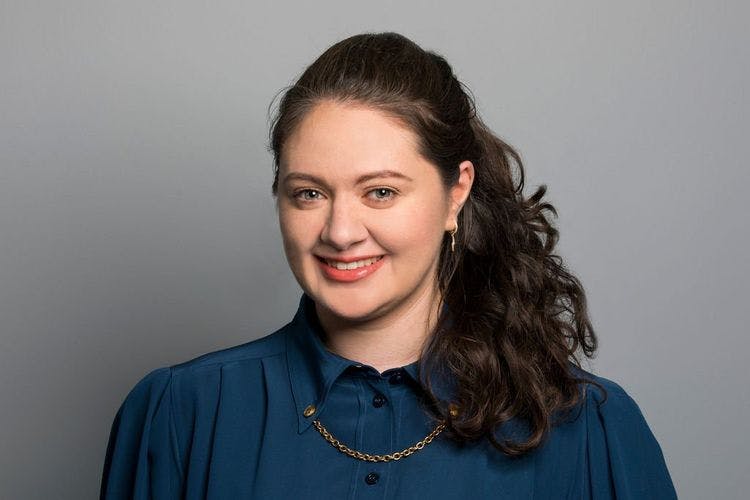








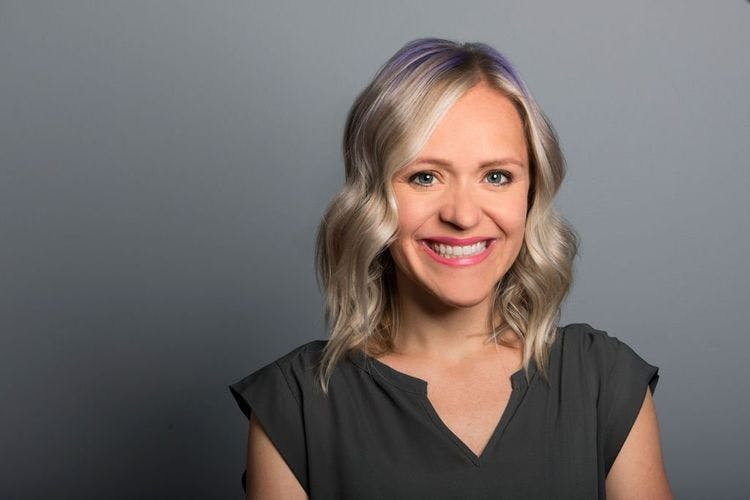
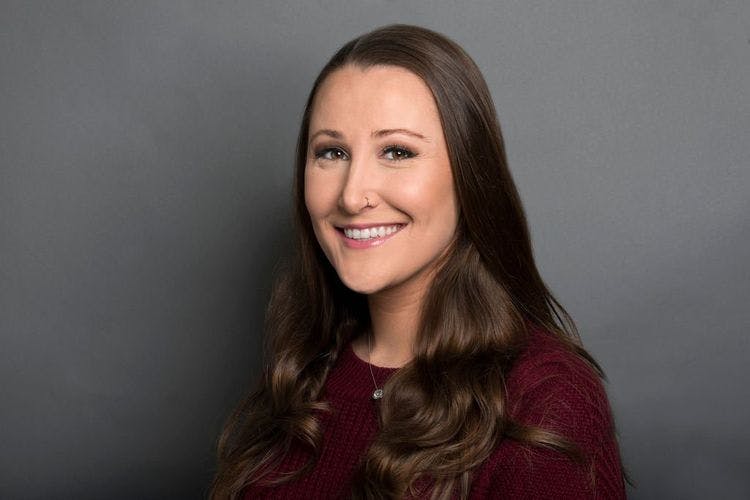
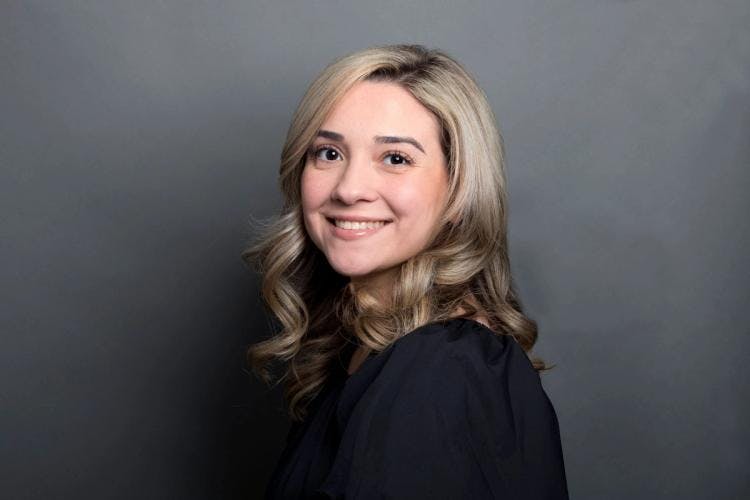
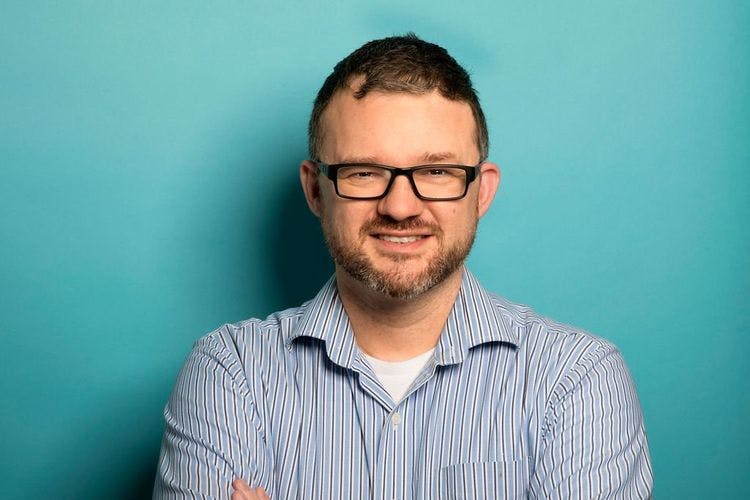

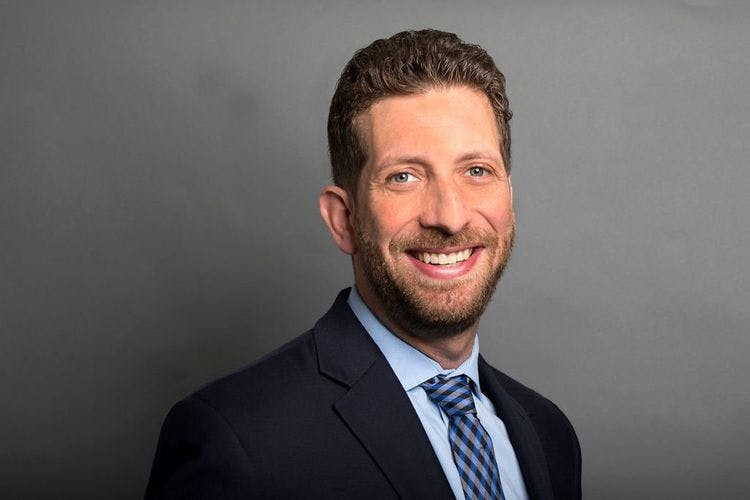














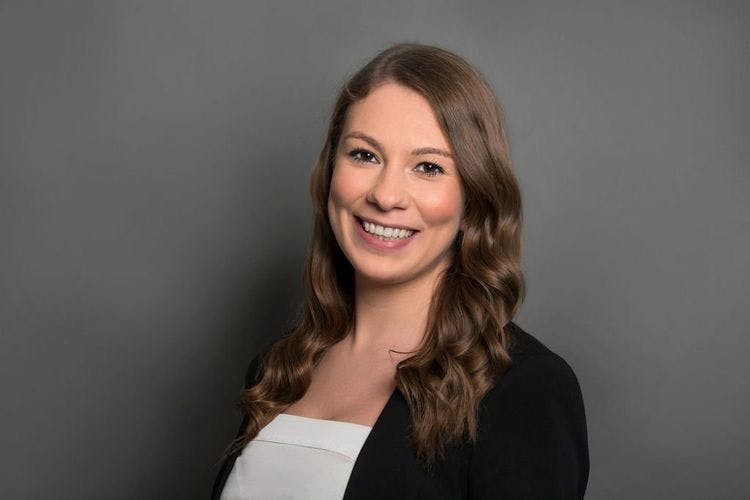




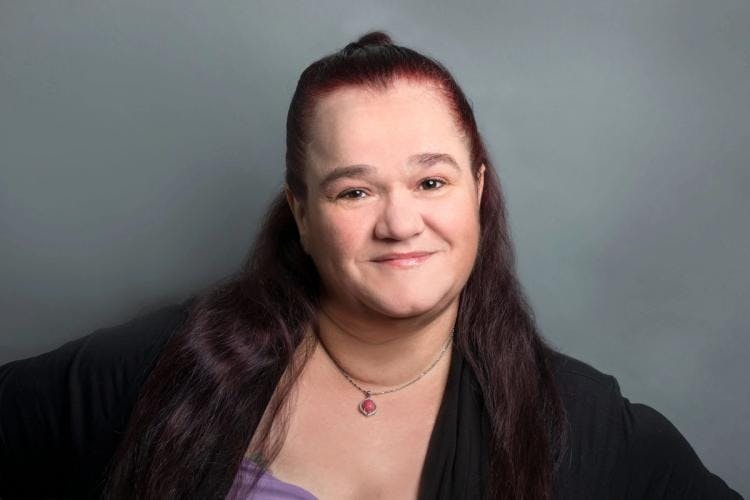


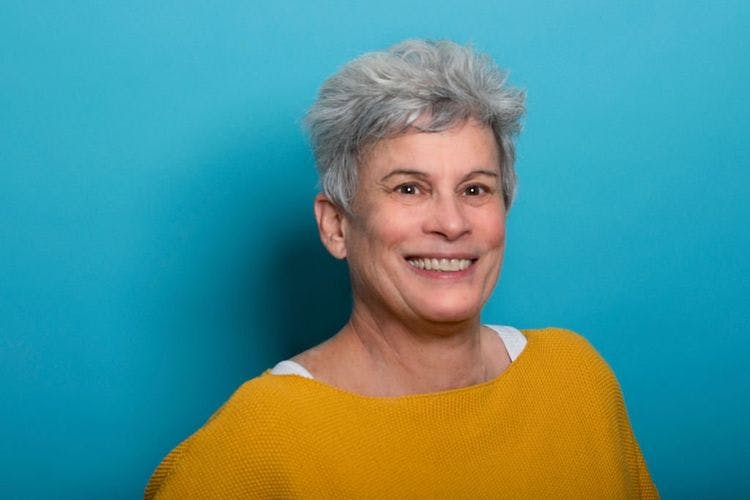




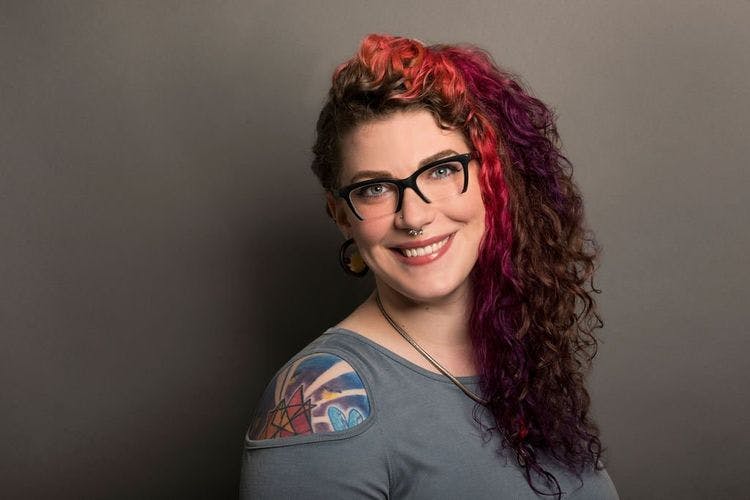


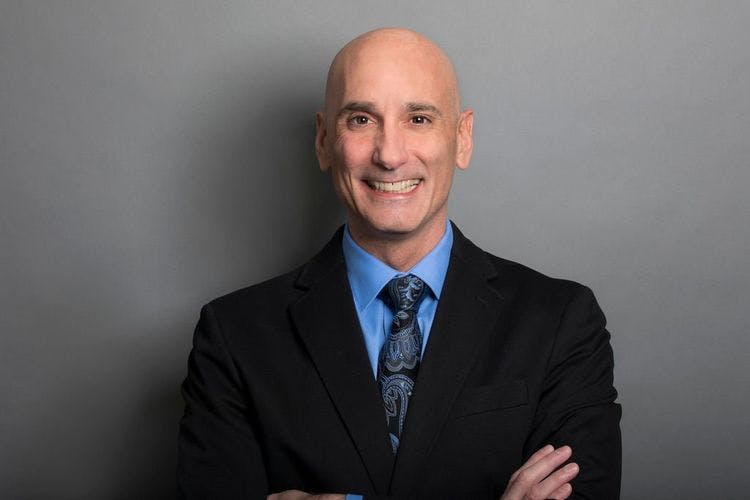
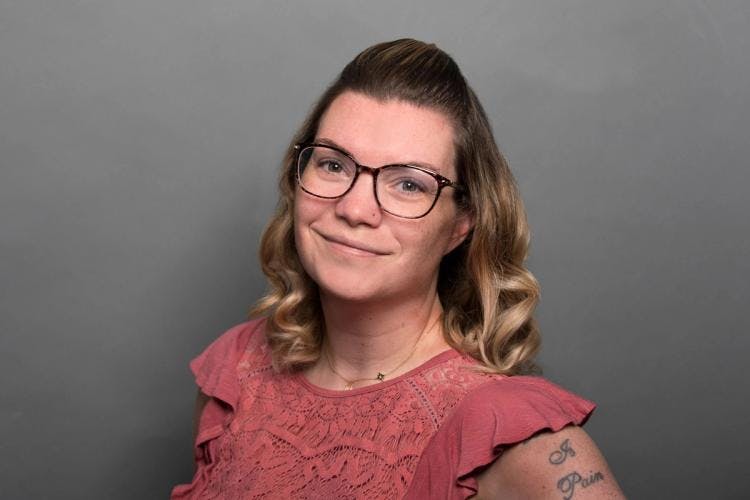








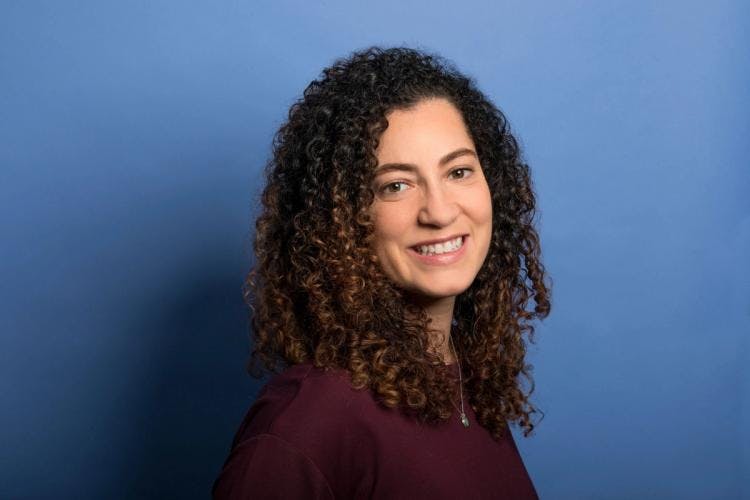






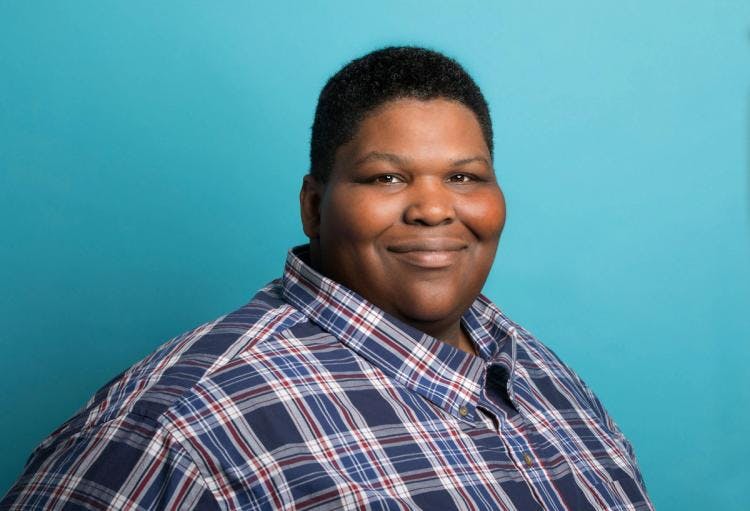











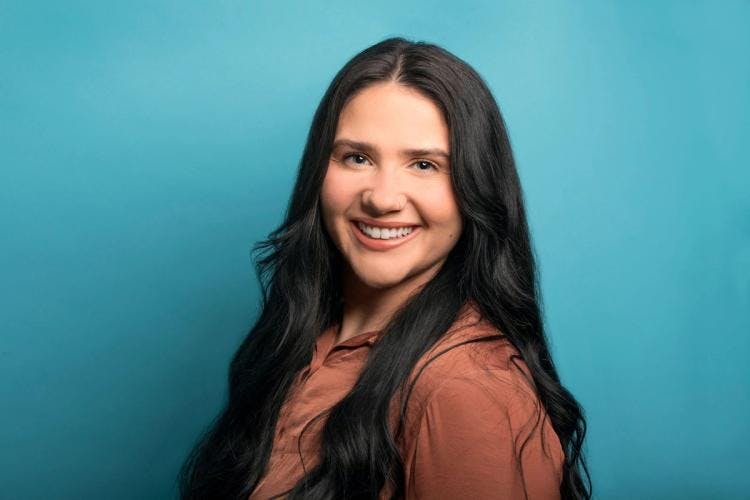





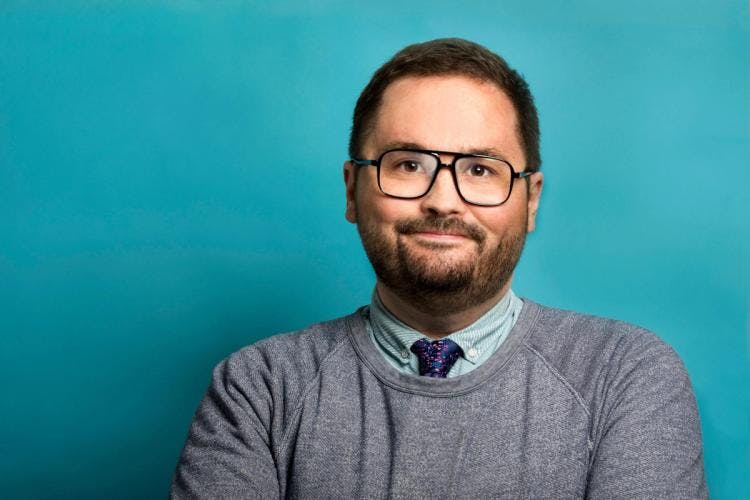








Our Services
Virtual/Online CarePHP and IOPAdult PsychiatryChild & Adolescent PsychiatryAdult TherapyChild & Adolescent TherapyCouples CounselingFamily TherapyGroup TherapyPsychological TestingTranscranial Magnetic Stimulation (TMS)